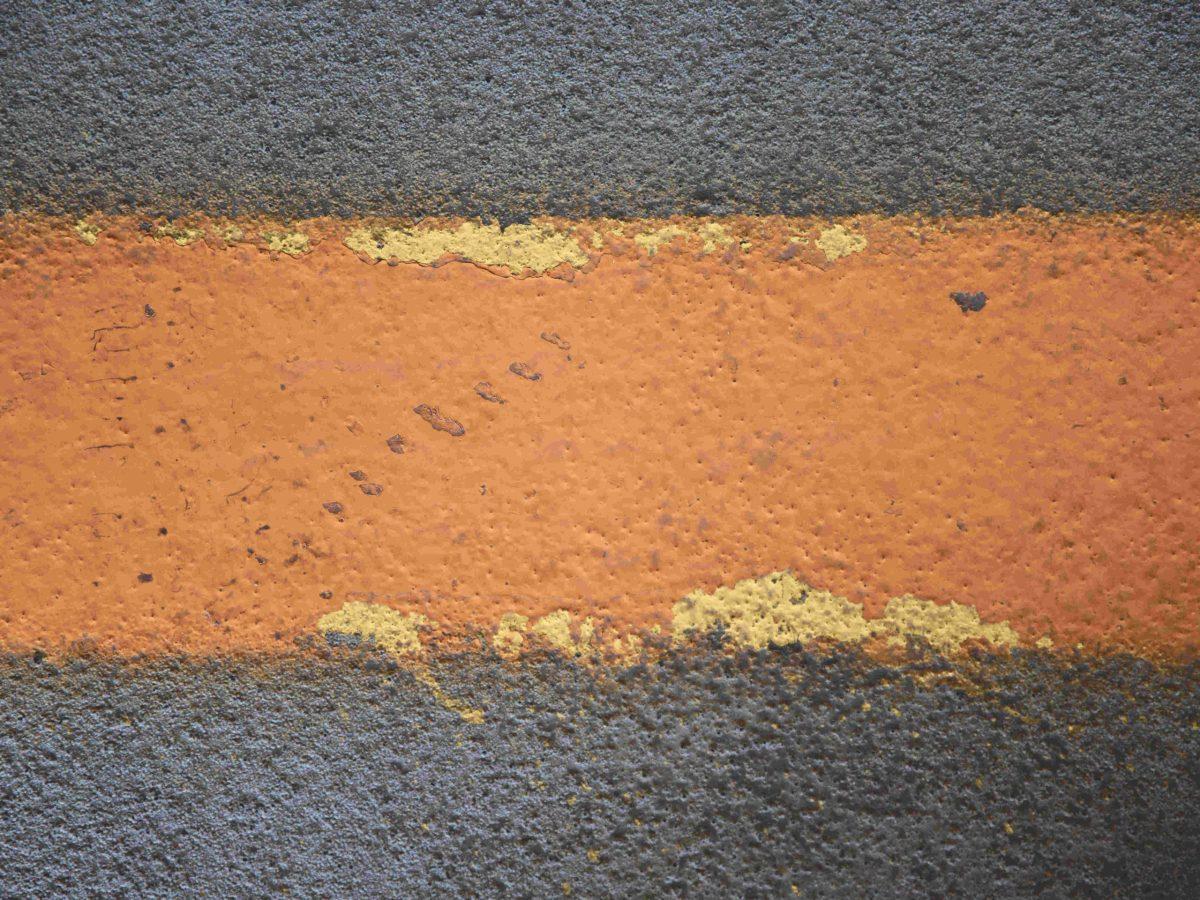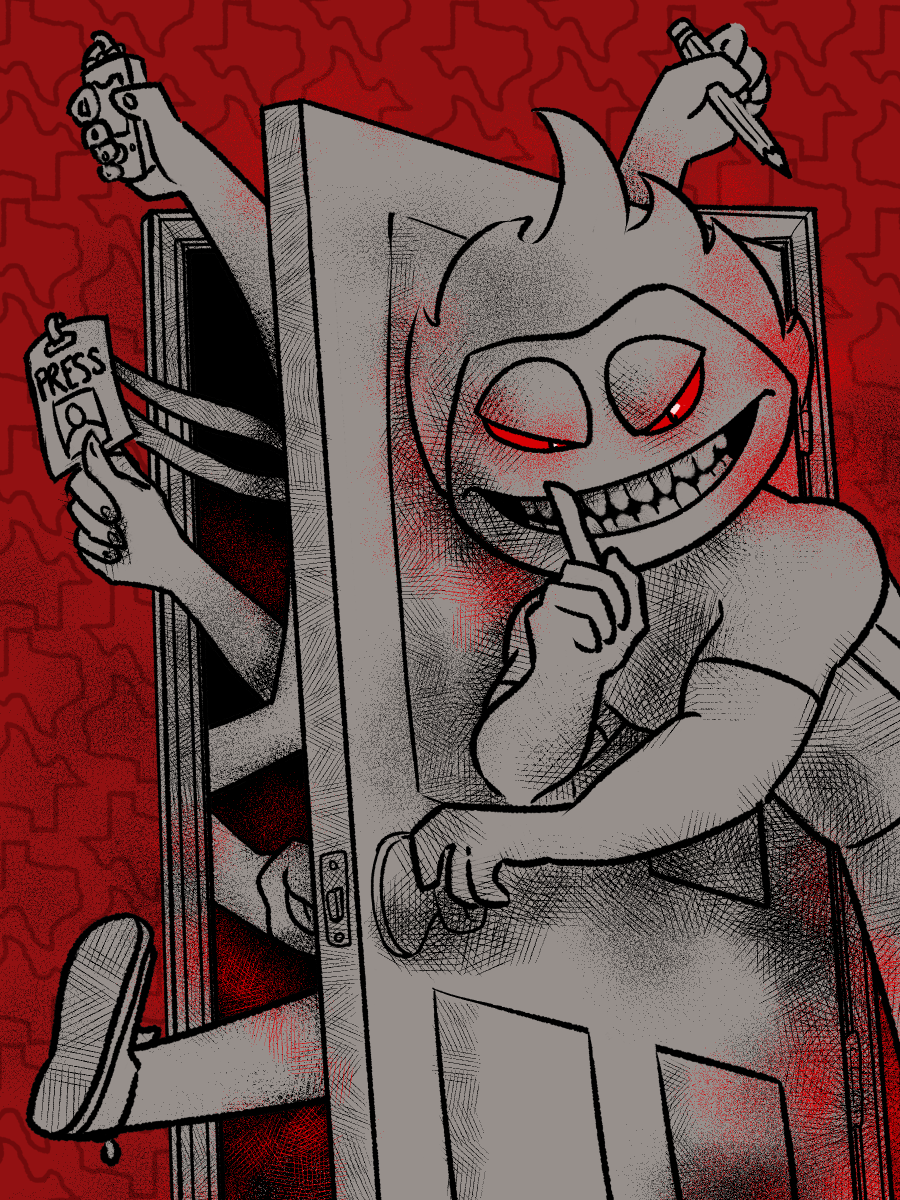For many students, commuting to school is a great option to save money, but in recent years, it’s often felt like the savings aren’t worth the trouble when realizing how inconvenient parking is at UTD.
By now, all of us know that UTD is a commuter school. 78% of students live off campus as of fall 2021 — an impressive number for a school with over 30,000 students — and yet parking is a hassle. To park in a comfortable area within a 5-minute walk from your classes, you’d have to purchase the orange student parking pass. Currently, that costs over $400 a year, a weighty cost for students already paying for tuition. The next cheapest parking pass, gold parking, may seem more affordable until you remember that your parking spot isn’t guaranteed and people with orange parking passes can choose to park in gold if they can’t find a spot close by campus. Given all these options, green parking permits are a popular choice. At $169 per year, you have access to any green parking spot across campus, but they’re unfortunately the furthest away from major buildings and won’t be offered in parking structures anymore after Sept. 1.
Frankly, paying $169 per year to walk half a mile to class in extreme Texas weather— both hot and cold — is a scam, and it’s even more egregious when considering that green permits used to be less than $150 until 2022.
I’ve noticed students immediately blaming UTD. “Parking sucks,” “it’s overpriced,” “finding parking here is like hell”… we’ve heard it all. And while it’s easy to blame our own university, which admittedly does play a part in the current parking dilemma, the issue is much more deep-rooted than we want to believe.
The issue with parking stems from the United States’ horrendous, car-dependent society, which is magnified in the state of Texas. The Texas Department of Transportation, or TxDOT, proposes that 88% of its $30 billion budget for 2024–25 will go to highway maintenance, project development and project delivery. All this funding comes from the State Highway Fund, which is derived from citizen’s vehicle and fuel-related taxes and fees. This means that residents of Texas are essentially funding the building and maintenance of highway systems across the state through taxes. That seems standard, until a closer look reveals that we are stuck in a loop – people feel obligated to take the highway, so they spend on gas and registration fees, which only increases the amount of money Texas can spend on building even more highways. It feels unfair seeing other countries, even other U.S. cities, with their own well-designed train or subway systems, while we are forced to drive just to pick up milk for the week.
Circling back to UTD, the convenience that comes with traveling highways attracts thousands of commuter students to our campus. With current average gas prices in Texas sitting at $3.49 per gallon, less than $7 a day for a round trip isn’t nearly as bad as paying over $3,000 a semester to live in a dorm or apartment. But if you consider the experiences that come with commuting — long walks from the parking lot, unexpected weather, and pollution from car emissions — it starts to feel like you made a poor decision.
UTD’s parking costs, which are actually less expensive than UT Arlington and UNT, are only a result of Texas’ mess of highway systems and car dependency. Our campus is suffering from a smaller scale loop of what’s happening with TxDOT. Tuition fees and parking costs go to the Parking and Transportation Department, which utilizes the money for maintenance and projects — and takes away affordable parking. However, just as Texans are forced to drive everywhere, UTD commuters have no choice but to pay high costs for poor parking experiences.
Of course, we can’t just get rid of driving in the Dallas area. Only about 2% of TxDOT’s budget goes to other modes of transportation, so the high-speed rail system we all dream of isn’t coming anytime soon. And UTD’s commuter population will continue to thrive as long as highways exist.
For now, Parking and Transportation at UTD must do better with the services they offer. Due to debt accumulation from building lots and structures, I can somewhat understand why fees are increasing. I acknowledge that UTD itself can’t do much to fight highway dependency in the state. But there are many options to make parking and commuting, in general, a more pleasant experience for students and staff alike. Establishing a free cab system for all students (not just the accessible Comet Cabs available for only those unable to walk) from the furthest parking lots to the center of campus is the most feasible solution for now. It might be difficult to keep such a system organized due to the high magnitude of students who drive, which is why remote parking and transportation to campus should be an option as well. For example, students could park in a lot that is further away from campus, while a bus picks them up from the lot at set intervals to drop them off at the center of campus. There will be a new DART station at UTD coming in 2026, but like most other DART trains, it will connect Plano and surrounding cities to downtown Dallas. Students commute to UTD from as far as Fort Worth; DART isn’t something we can all rely on, since the travel times can be significantly longer than just driving.
I sound like a hypocrite — criticizing UTD parking yet proposing ways to keep using it, blaming Texas’ car dependency yet driving to school and everywhere else. But that is where the tragedy lies. Unless rapid changes in government representation occur, common citizens like me don’t have much choice when it comes to transportation. I still have hope that years into the future, sustainable transportation can become a reality across the country, but for now, it is UTD’s duty to improve the parking experience for its tens of thousands of students.






